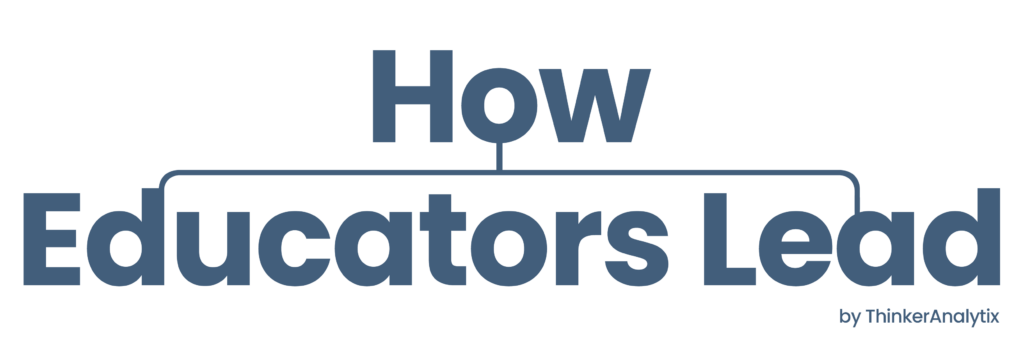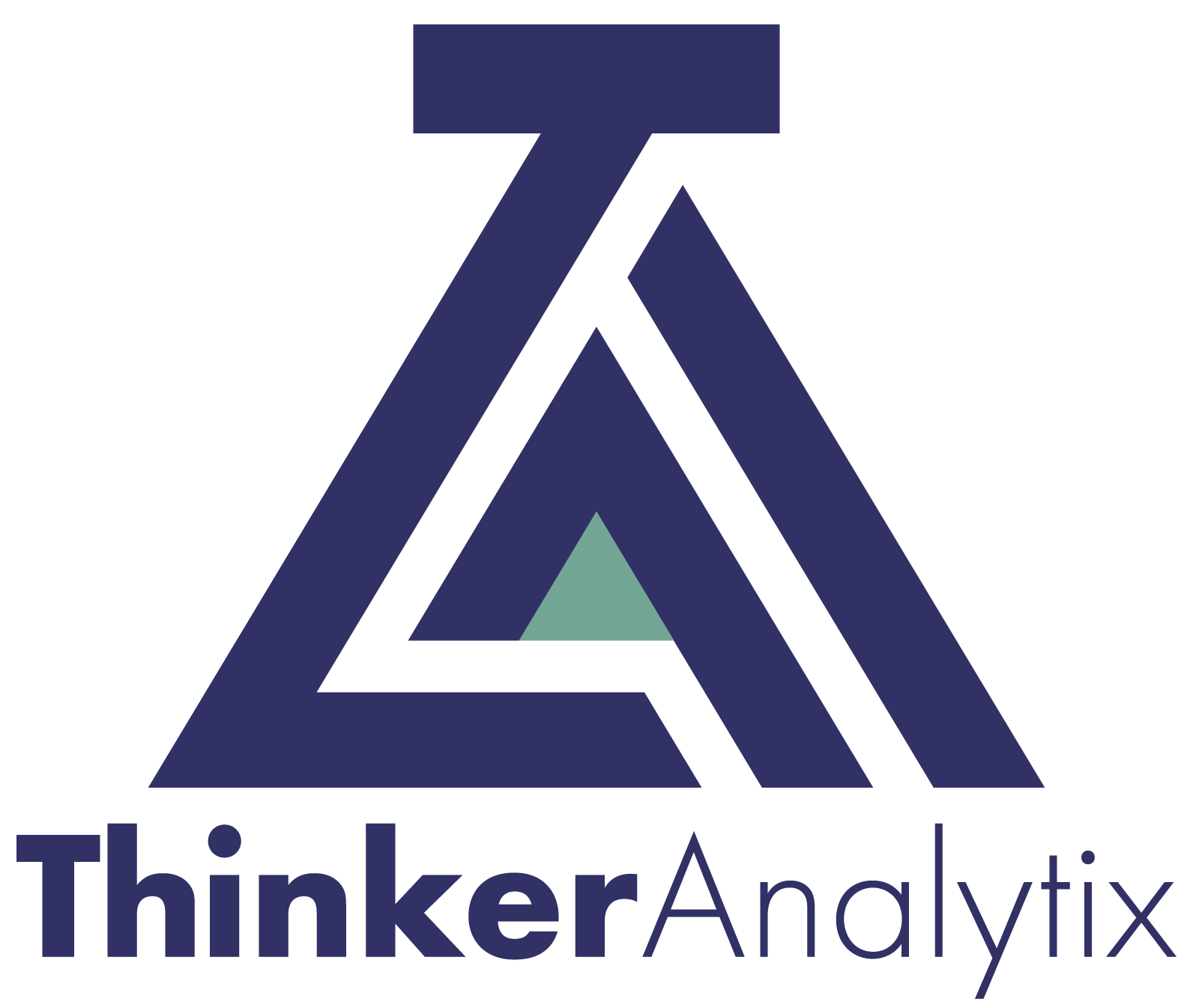Empower Future Teachers to Engage Classroom Discussions with Courage
Want to equip teachers with skills for leading conversations around current events and controversial issues?
Want to give teachers a framework for teaching argumentation and critical thinking skills in alignment with state standards?
Our interactive textbook How We Argue is designed by Harvard educators to help teachers instruct students in the skills of argument analysis and evaluation using a research-backed method called argument mapping.

Made by educators, for educators:
- Designed for asynchronous learning across education courses and programs with no prerequisite
- Simple instructor dashboard to track student progress
- Optional graduate credit add-on
- Run by a non-profit organization dedicated to improving learning outcomes for pre-service teachers and their students
What's Inside

Trusted by Educators

Skills for teachers... and their students.

Research-backed pedagogy for effective communication

Gives pre-service teachers a cross-disciplinary method for writing instruction

Helps future teachers lead conversations in classrooms & professional spaces
About Us
ThinkerAnalytix is an educational nonprofit that partners with the Harvard Department of Philosophy.

Anne Sanderson
CEO/Co-Founder
Associate, Philosophy
Harvard University

Aidan Kestigian
VP of Core Curriculum
Visiting Assistant Professor,
Wheaton College

Noah Lopez
Director of Growth
PhD in Philosophy, Oxford University

Nate Otey
Lead Instructional Coach
Associate, Philosophy
Harvard University
Testimonials
FAQs
ThinkerAnalytix (TA) is an educational non-profit that partners with the Harvard University Department of Philosophy. We use argument mapping to help students practice the skills of logical reasoning and intellectual charity. The result is that students write more effectively and discuss controversial issues more constructively.
HWA is assigned by professors at dozens of private and public universities across the US and around the world, as well as instructors of grades 7-12 at many private, charter, and public schools.
How We Argue costs $25/student, but institutional discounts are available. This revenue allows us to update the site regularly, improve the user experience, and assist students in the chat feature.
We know that most instructors already have too much content to cover in a limited time. Therefore, HWA is designed to supplement or augment your existing curriculum, rather than compete with it.
Most instructors assign HWA at the beginning of the semester, and ask students to work on it outside of regular class time, often in addition to assigned readings. For example, you might ask students to complete the mastery checks for Lessons 1-2 by the end of the first week, Lessons 3-4 by the end of the second week, and Lessons 5-6 by the end of the third week.
HWA is designed to be flexible, and some instructors will want to move faster or slower, depending on your students’ aptitudes and on your other course content.
We’ve interviewed dozens of instructors who have used HWA and compiled some tips and tricks. The video on the My Classes page summarizes these tips and tricks, and helps you get going.
The Instructor Resource Folder (which costs $50) also has many lesson plans and suggestions for further integrations.
Most students will take about 3-5 hours to complete Lessons 0-6 (the most basic version). The Advanced Content section (Lessons 7-10) takes most students an additional 3-5 hours.
We recommend assigning it as homework at the beginning of the semester. Your students will likely move quickly through lessons 1-3, and could probably complete them in a day or two. But many college students will find lessons 4-6 harder, and most will find doing the practice exercises to be necessary to learn the material and ace the mastery checks. You might also find the Advanced Content lessons useful for helping your students read and discuss more challenging texts.
HWA uses Mastery Learning, a thoroughly-researched method of teaching skills, in which students must demonstrate mastery of each target skill before moving on to the next lesson. This highly personalized approach ensures that students work at their own pace and are always practicing the most relevant skills at any given moment, and that instructors always know exactly what their students have (and have not) learned. HWA includes thousands of practice exercises with feedback to help students learn at their own pace.
You can (and should) assign due dates, but we recommend letting your students know that they will need to pace themselves and start early. Building skills takes time, and many students will get frustrated if they wait until the eleventh hour and then try to rush through. The students who start early and take their time actually complete the mastery checks faster, requiring fewer attempts.
Your My Classes page summarizes each student’s progress, with a blue box indicating that the student has mastered the skill listed at the top of the column. By clicking on a student’s name, you can view each of the practice exercise sets and mastery checks that they’ve taken. If you click the “View Questions” button next to a quiz, you can see how the student answered each question in that quiz.
Students can reach out to the TA team with specific questions, or to request that a mastery check or quiz be reset, if necessary. We try to respond to all chats within about 12 hours. In the very rare case where a student misuses the chat feature (i.e., by saying something rude or inappropriate), we do not respond but simply notify their instructor.
Please reach out to us at [email protected]!
